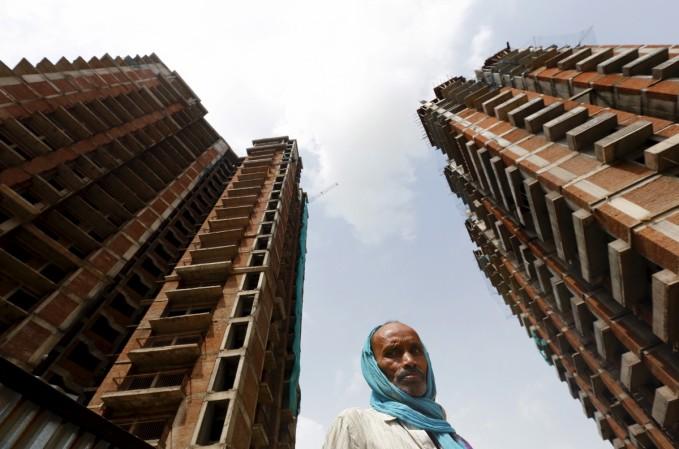
The government's recent move to introduce eight PPP (Public-Private Partnership) models to promote private investments in the affordable housing segment will act as a perfect catalyst to its vision of 'Housing for All by 2022'.
However, the success of this policy will clearly depend on the proactive involvement of various stakeholders operating with a clear roadmap outlining their respective roles and responsibilities.
Regulations must be streamlined and made more effective to achieve the desired results. We need to remember that deregulation will be the key to the success of various government initiatives.
A major impediment to real estate development in India remains the approval process. The World Bank has ranked India 185 out of 187 countries on its 'Ease of Obtaining Construction Permits Index' which indicates extreme difficulties in getting requisite permissions.
Legal reforms should be put in place to enable title insurance which will ensure that projects will not be faced with delays in construction and delivery due to title disputes. Hopefully, the PPP model will clear these issues at the government level.
The housing sector is one of the fastest growing industries in the country, owing to incessant demand. Even though demand for affordable housing has been humongous, there are multiple concerns owing to which developers are hesitant to enter into this segment. Project execution till now has been excruciatingly slow and its progress will depend on ramping up existing urban infrastructure, fast-tracking approval processes and targeting the actual beneficiaries.
This concept seems to a lucid solution to the prevailing housing woes, but its execution is intricate owing to the lack of a clear policy framework to meet the ambitious target, unavailability of urban land at reasonable prices, rising costs of construction, high fees and taxes, regulatory issues and unfavourable development norms.
It is important to remove these bottlenecks to achieve the desired growth targets of the affordable housing segment. Otherwise, the problems associated with the ever burgeoning population and rapid urbanisation will accelerate exponentially in coming years and may take a toll on the economic development of our country.
The writer is chairman and managing director, House of Hiranandani








